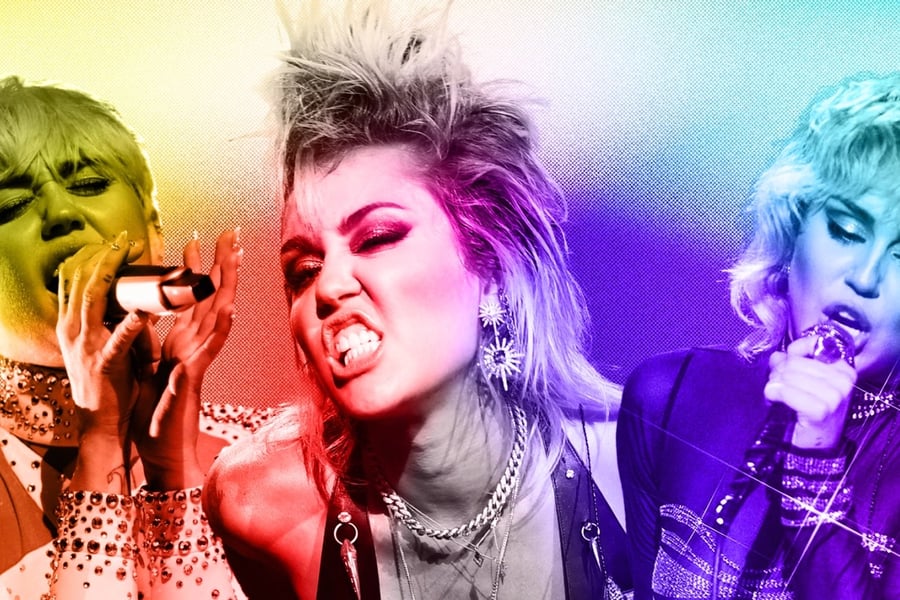The 50 Best Miley Cyrus Songs
She can’t stop, she won’t stop — from Hannah Montana to Bangerz to “Flowers”

KEVIN MAZUR/WIREIMAGE/GETTY IMAGES; RALF HIEMISCH/GETTY IMAGES; DENISE TRUSCELLO/GETTY IMAGES; VIJAT MOHINDRA/PEACOCK/GETTY IMAGES
Miley Cyrus has lived a hundred musical lives since she burst onto the scene at 13 years old as the titular star of Hannah Montana. Born into a country-music dynasty (her dad is, of course, Billy Ray Cyrus and her godmother is Dolly Parton), the budding teen idol fused her Southern upbringing with the Disney pop needed to make the fictional Montana successful. But it takes a true star to shine brighter than her alter ego, and Cyrus met the challenge with ease, transitioning quickly into a pop force in her own right.
Since 2007’s Meet Miley Cyrus, she has been in a constant state of musical evolution. Her journey has brought her to Eighties pop, metal pastiche, trap music, psychedelic art rock,and even back to country. But within all her eras, she can’t (and won’t) stop just being Miley.
Ahead of her eighth album, Endless Summer Vacation (out March 10), we compiled the top-50 Miley Cyrus songs. This includes material she recorded as fictional characters, as well as officially released covers she couldn’t help but make her own.
From Rolling Stone US




















































































